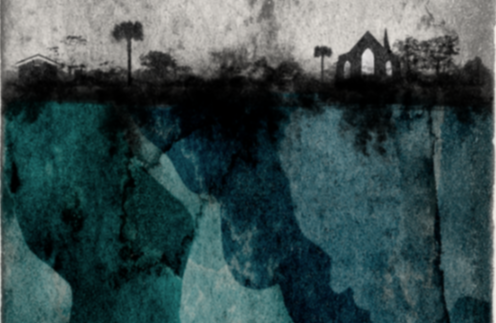 JULY 2, 2024
JULY 2, 2024
BLACK PUBLIC MEDIA
WEEKLY DISPATCH
By Leslie Fields-Cruz
This Thursday, our nation celebrates the 248th anniversary of its declaration of independence from England. If you’re like me, you’re probably looking forward to the opportunity to spend July 4th with loved ones, eat your favorite summer foods and maybe even catch a fireworks display. I admit, however, that the recent assaults on democracy — here and abroad — have stirred a mix of feelings about Independence Day and what it means to me today.
I’ve always celebrated July 4th, but I’ve also known that the “freedom” my White peers have enjoyed for nearly 250 years was not legally available to many of my ancestors until nearly a century later. Frederick Douglass’ seminal oration, “The Meaning of July 4th for the Negro,” which he delivered on July 5, 1852, offers a clear picture of how Black folks felt about July 4 back in the 19th century.
I descend from people who were living in Virginia, Kentucky and South Carolina before the Declaration of Independence was signed in 1776. By the middle 20th century, however, my family’s ties to those states were mostly gone. Seeking liberty in the 19th century and freedom from Jim Crow during the Great Migration, my southern ancestors fled to Columbus, Ohio; Chicago; Washington, D.C.; and New York City. I have no idea what July 4th meant to any of them. All I know is, being denied liberty in the south prompted them to move north. Despite our southern roots, virtually none of my close family members identify as southerners today.

Remembering the Liberty Denied
When General Granger rode into Galvaston,Texas, on Juneteenth in 1865 to enforce the Emancipation Proclamation, Black folks were happy. Yet they didn’t dare celebrate publicly. Doing so could cost you your life. It has taken an additional 159 years, many struggles and many lives lost, to achieve the level of freedom we enjoy today. Which, I should note, is not enjoyed by the hundreds of thousands of Black folks disproportionately caught up in today’s criminal justice system.
As we celebrate this week, let’s not lose sight of what it has taken to get here, or how much work remains. Here are a few programs that remind us:
After Sherman, by Jon-Sesrie Goff
Commuted, by Nailah Jefferson
Eyes on the Prize, by Henry Hampton
Frederick Douglass: The Meaning of July 4th to the Negro, a 2017 program of the National Archives
Freedom Riders, by Stanley Nelson Jr.
I Am Not Your Negro, by Raoul Peck
Remembering the stories and the struggles of our past and present grows more challenging with each passing generation. BPM digital and traditional media makers are pursuing engaging ways to do so to ensure subsequent generations understand the precious value of our freedom. Yes, looking back on our history can be depressing, but it offers also an opportunity to feel inspired. The struggle for freedom in the USA isn’t over. I don’t know about you, but I welcome any opportunity to be inspired.
